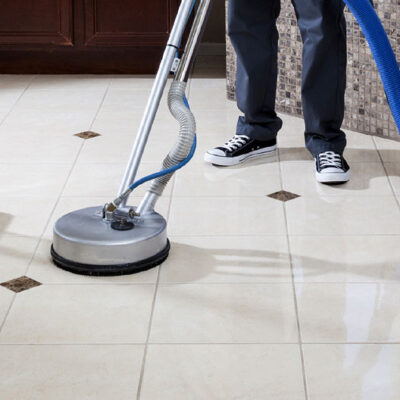Ultimate Guide To Comprehensive Dental Care Tips

Welcome to our Ultimate Guide to Comprehensive Dental Care Tips! With a keen focus on maintaining your oral hygiene and ensuring the health of your teeth, we have designed this guide to walk you through every aspect of effective dental care. We understand that proper dental hygiene not only improves your smile but also plays a significant role in your overall health.
In the following sections, we will explore several key components of dental care. From choosing the right tools for cleaning your teeth to understanding the importance of routine dental check-ups, you’ll find actionable tips and comprehensive advice tailored to help keep your oral health in top shape. Let’s dive into how you can achieve and maintain a healthy, glowing smile.
Daily Oral Hygiene Practices
Effective daily oral hygiene sets the foundation for comprehensive dental care. Begin by selecting the right toothbrush; a soft-bristled brush can effectively clean teeth without damaging gums. Brushing twice a day with fluoride toothpaste helps remove plaque and prevents tooth decay. Don’t forget to replace your toothbrush every three to four months or sooner if bristles are frayed. An Experienced Dentist in Wicker Park can provide personalized recommendations based on your specific oral health needs.
Flossing daily is essential as it removes food particles and plaque from between the teeth and under the gum line where a toothbrush cannot reach. For overall mouth freshness and additional plaque control, incorporate an antibacterial mouthwash into your routine.

Professional Dental Check-Ups
Regular dental check-ups are crucial for detecting early signs of gum disease, cavities, and other oral health issues. These visits allow your dentist to conduct a thorough cleaning that removes tartar build-up, which is not possible through brushing and flossing alone. In addition to cleaning, x-rays may be taken during some visits to look for decay and other tooth or jaw problems.
Experts recommend scheduling dental check-ups every six months; however, depending on your personal oral health condition, your dentist might recommend more frequent or specialized visits.
Diet and Oral Health
Your diet significantly affects your oral health. Foods and beverages high in sugar or acids can erode enamel, leading to cavities. To enhance your oral health, include plenty of dairy products like milk and cheese, which help counter dental erosion by providing calcium and phosphates needed for remineralizing teeth. Crunchy fruits and vegetables such as apples and carrots also stimulate saliva production helping to wash away food particles.
Avoid frequent snacking on sugary foods or drinks as they give bacteria more opportunities to produce harmful acids that damage teeth. Drinking water frequently, especially after meals, can help cleanse the mouth of excess debris and sugars.
Importance of Pediatric Dental Care
Early childhood is a critical period for establishing good dental habits. Pediatric dental care should begin when the first tooth appears, usually around six months of age. Early examinations by a pediatric dentist can prevent minor issues from becoming major ones and help teach children essential brushing techniques from an early age.
Scheduling regular pediatric appointments not only helps monitor growth patterns but also introduces young children to professional dental environments in a positive way, reducing fear and anxiety around future visits.
Innovations in Dental Technology
Advancements in dental technology have dramatically improved treatment options and patient comfort. Laser dentistry, for instance, offers precise control in treating tooth decay and gum disease with minimal discomfort. Digital impressions for crowns or bridges enhance accuracy with less inconvenience for patients.
Dental implants now provide a durable solution for lost teeth, closely mimicking natural tooth structure both functionally and aesthetically. Staying informed about these innovations through consultations with your dentist can lead you towards more effective treatments crowned with success.
To conclude our ultimate guide, remember that comprehensive dental care extends beyond occasional maintenance; it’s about adopting an involved approach throughout daily activities—from eating right to brushing properly under a watchful eye at check-ups. By integrating these practices into your lifestyle, you’ll ensure that both your smile and general well-being are cared for extensively.
Maintain regular communication with your dental care provider about new symptoms or concerns that arise between scheduled check-ups so they can adjust your treatment plans as needed. Ultimately, taking charge of all aspects of oral hygiene empowers you against potential health issues—you’re therefore not merely surviving in the world of dental health but thriving!





